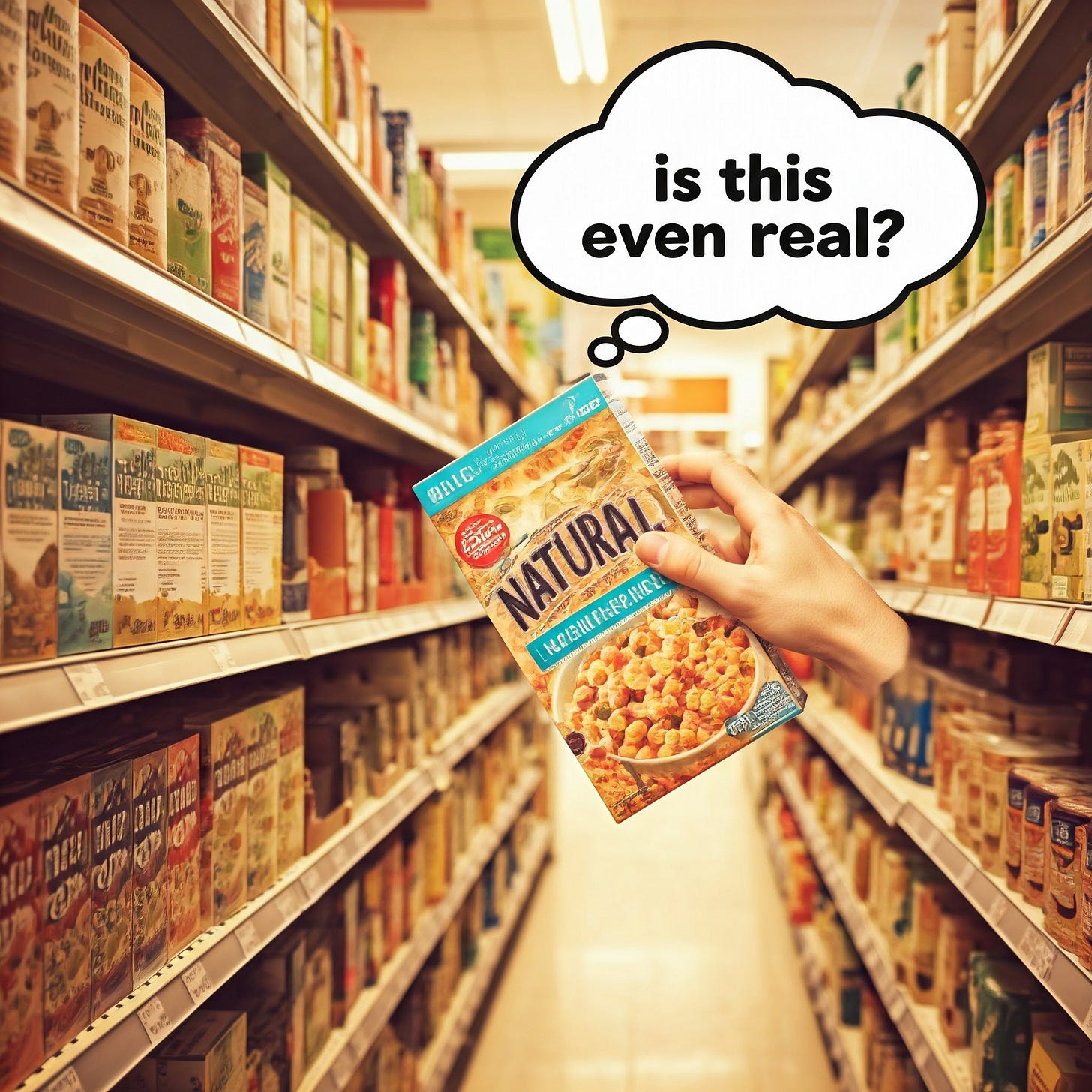The Great Debate
Is 'Natural' Really as Natural as They Claim?
Is ‘Natural’ Really as Natural as They Claim?
So, you’ve probably seen the word "natural" slapped on everything from snack bars to skin creams to air fresheners, like some sort of magical golden stamp of purity. But let’s be real—does anyone actually know what "natural" means anymore? Spoiler: it’s about as clear as a foggy car window in a horror movie. Time to dig a little deeper and pop some marketing bubbles along the way.
What’s Really in a "Natural" Fragrance?
When companies talk about natural fragrances, they usually mean essential oils, botanical extracts, and other goodies that sound like they were gathered by woodland elves under a full moon. But before you start picturing yourself running through a field of lavender like you’re in a commercial, let’s break it down:
1. Essential Oils – The OGs of Natural Scents
These are the rockstars. Extracted from plants, flowers, and fruits, essential oils give off those rich, earthy vibes. Think lavender, peppermint, eucalyptus, and citrus oils. Just don’t confuse them with the “lavender” car freshener dangling from your rearview mirror—that’s more "chemical warfare" than "serene spa day."
2. Botanical Extracts – The Whisper, Not the Shout
These come from leaves, roots, flowers, and seeds, adding subtle notes to fragrances. Ever smelled green tea, chamomile, or rosemary in a product? If not, then that "Morning Dew" air freshener is lying to you.
3. Absolutes and Resins – The Beyoncé of Scents
These are the concentrated divas of the fragrance world. Resins like frankincense and myrrh? Biblical-level fancy. If essential oils are a solid indie band, these are selling out stadiums.
4. Citrus Oils – Nature’s Wake-Up Call
Citrus oils like lemon and orange are the best way to add freshness—without smelling like a janitor’s closet. Pro tip: If it stings your nostrils like cologne from the guy in the elevator, it’s probably synthetic.
5. Herbs & Spices – The Warm Hug of Scents
Vanilla, cinnamon, clove—these add depth and warmth. But if you think your pumpkin spice candle is using the real deal, I’ve got a bridge to sell you.
But Wait… How "Natural" is That Label?
This is where things get murky. Just because something is labeled "natural" doesn’t mean it skipped the lab entirely. Many products still contain synthetic additives, phthalates, or mystery chemicals. So unless it says “100% natural” (and even then, read the fine print), you might be getting more "Franken-lab" than "garden-grown."



